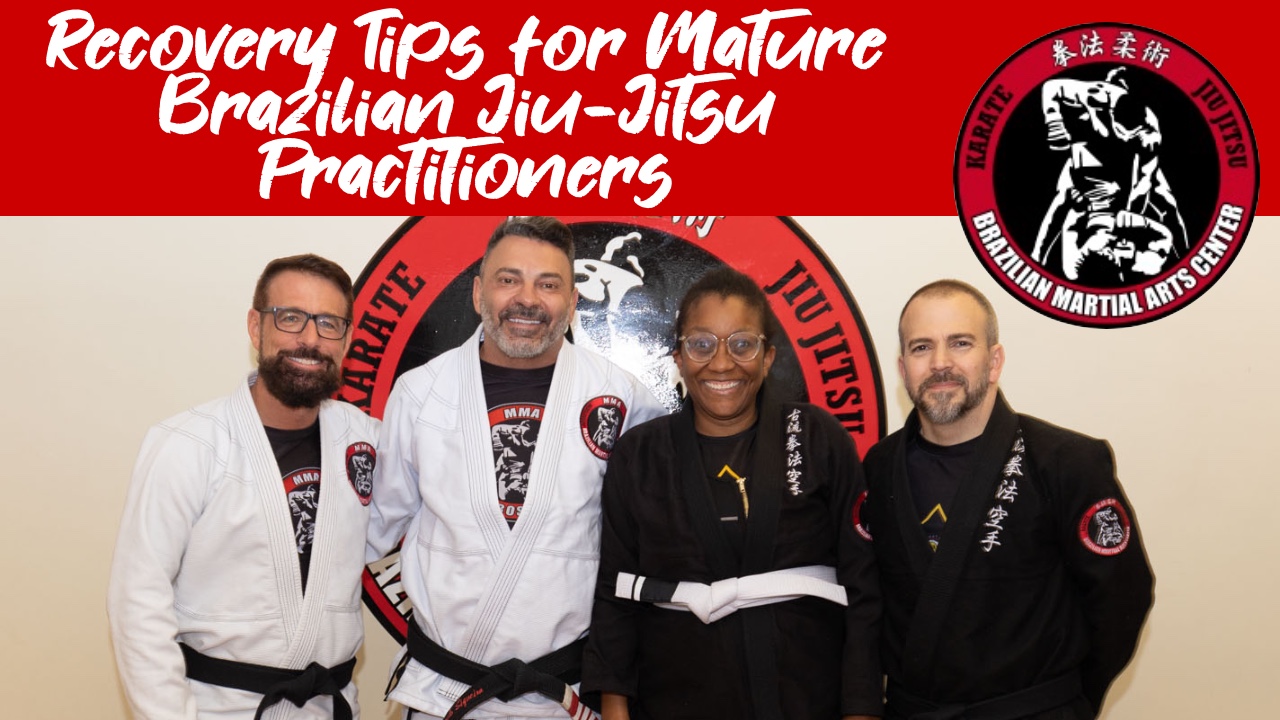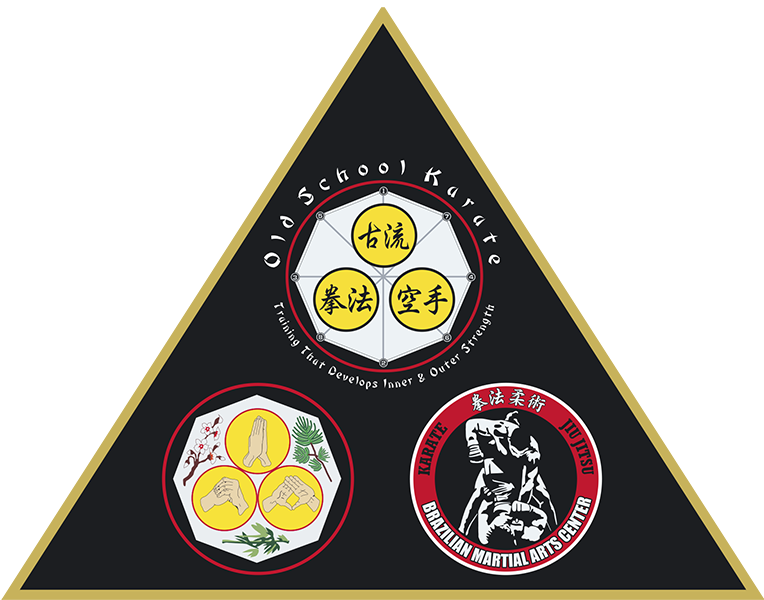
Brazilian Jiu-Jitsu (BJJ) is a physically demanding martial art that requires strength, flexibility, and endurance. For older practitioners, maintaining peak performance while avoiding injury becomes crucial. With the right approach to recovery, older martial artists can continue to excel in BJJ and enjoy their training for years to come. In this article, we’ll explore some essential recovery tips tailored specifically for mature BJJ enthusiasts.
Prioritize Rest and Sleep: As we age, the body’s ability to recover naturally slows down. Ensure you’re getting enough quality sleep to aid in muscle repair and overall rejuvenation. Create a consistent sleep schedule, establish a relaxing bedtime routine, and create a comfortable sleep environment.
Listen to Your Body: Pay close attention to your body’s signals. If you’re feeling unusually fatigued or experiencing pain, take the necessary time to rest and recover. Pushing through discomfort can lead to more serious injuries.
Incorporate Active Recovery: Engage in low-intensity activities on your rest days to promote blood flow and prevent stiffness. Gentle stretching, walking, or light swimming can help alleviate muscle soreness and maintain flexibility.
Hydration and Nutrition: Proper hydration is crucial for muscle function and recovery. Maintain a balanced diet rich in lean proteins, whole grains, fruits, and vegetables to provide the nutrients your body needs to repair itself. Consider consulting a nutritionist for personalized guidance.
Warm-Up and Cool Down: Take the time to warm up before training and cool down after. Incorporate dynamic stretches and mobility exercises to prepare your body for the physical demands of BJJ and reduce the risk of injury.
Cross-Train and Supplement: Engage in complementary activities such as yoga, Pilates, or swimming to enhance your overall fitness and target different muscle groups. Additionally, consider incorporating supplements like fish oil, glucosamine, or collagen to support joint health.
Opt for Shorter Training Sessions: While maintaining a rigorous training routine is important, consider breaking up your sessions into shorter, more frequent intervals. This approach can reduce the strain on your body and help prevent overexertion.
Focus on Technique: As an older practitioner, emphasizing proper technique over brute strength becomes even more critical. Refining your technique not only conserves energy but also minimizes the risk of injury.
Regular Massage and Bodywork: Invest in regular massages or foam rolling sessions to alleviate muscle tension and improve circulation. Bodywork can aid in preventing injuries and speeding up recovery.
Stay Mentally Engaged: Recovery isn’t just about physical aspects. Mental well-being plays a significant role in how well your body heals. Engage in mindfulness practices, meditation, or deep breathing exercises to reduce stress and promote overall recovery.
Age should not deter mature martial artists from enjoying Brazilian Jiu-Jitsu. By implementing these recovery tips, older practitioners can continue to train effectively, reduce the risk of injury, and derive immense satisfaction from their BJJ journey. Remember, a well-rounded approach to recovery is the key to sustaining a long and fulfilling martial arts practice.
Sensei Bill
